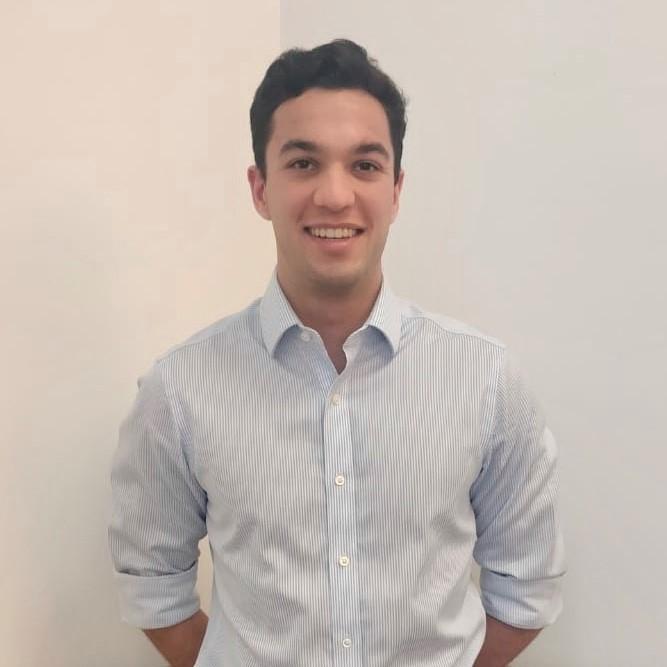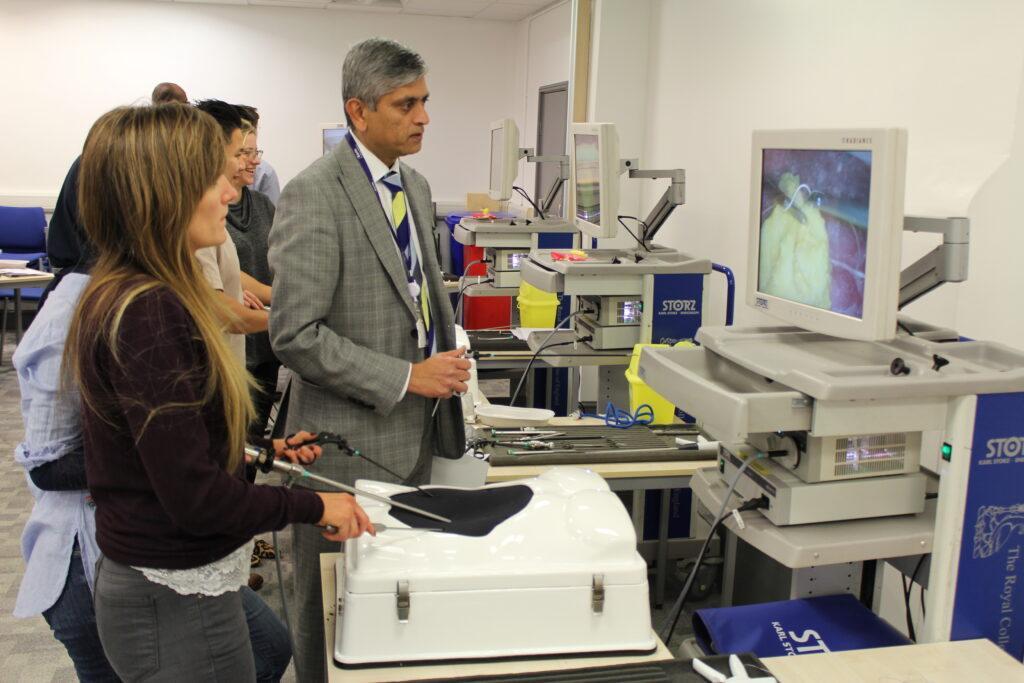Student receives nationally recognised certificate for laparoscopic surgical skills

Congratulations to Ryan McWilliams who has been awarded the Laparoscopic Passport (LapPass) - a certificate of proficiency in surgical skills that is recognised nationwide. Ryan is the first intercalating MBBS student undertaking the MSc Laparoscopic Surgery and Surgical Skills (LSSS) programme at Barts Cancer Institute (BCI), Queen Mary University of London, to get a LapPass in the UK. The LapPass was launched in 2015 by the Association of Laparoscopic Surgeons of Great Britain and Ireland (ALSGBI) to formally recognise surgical trainees that demonstrate proficiency in five defined laparoscopic tasks.
Ryan said:
“I am very fortunate to be the first undergraduate to be awarded the Laparoscopic Passport and I hope that in doing so, I will encourage others to also pursue it.”
Ryan had completed three years of undergraduate medicine at Leicester Medical School when he decided to intercalate his degree with the year-long MSc LSSS programme at BCI. During this year, Ryan undertook the assessments for the LapPass, which included four simulated practical exercises on surgical simulators at the annual ALSGBI conference as well as a real-life assessment in the operating theatre. Ryan was awarded his LapPass in September 2020.

Laparoscopic surgery is technically demanding and the learning curve for surgical trainees is steep and long. Training is required throughout a surgeon’s career in order to maintain the skills required for proficiency. In 2005, Queen Mary became the first university in the world to offer a Master’s degree in laparoscopic surgical skills. Directed by BCI’s Professor Bijendra Patel, the MSc LSSS programme uses simulator technology, virtual reality and augmented reality to help accelerate surgical training and improve the skills essential for building confidence in clinical practice.
Speaking of his experience on the MSc LSSS programme, Ryan said:
“Undertaking this Master’s programme provided a great opportunity to learn and perform practical skills at a very early stage in my medical education. I was able to learn invaluable practical skills and medical research methodology, which will no doubt be beneficial for anyone who wants to follow a career in surgery, medical research or in my case both. I really enjoyed the course despite the current extraordinary circumstances which forced the latter half of the year to adopt a virtual teaching method. I would thoroughly recommend this Master’s programme to anyone interested in surgery or medical research.”
Category: General News, Grants & Awards

No comments yet